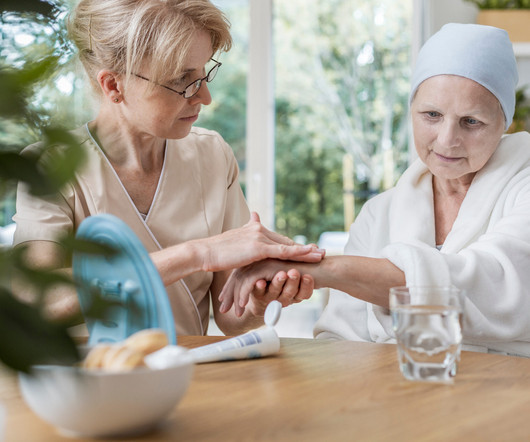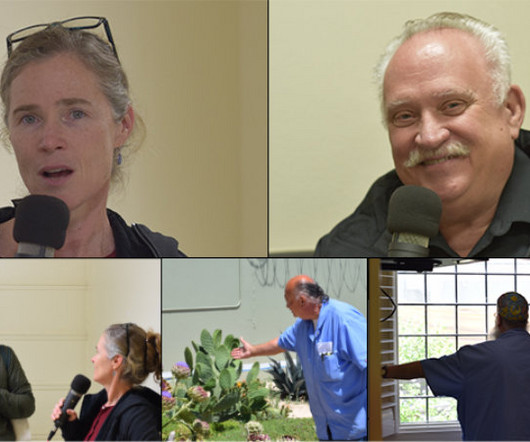Hospice and Breast Cancer
Traditions Health
OCTOBER 13, 2024
However, inpatient hospice facilities, hospitals, and some nursing homes also provide services. Hospice care prioritizes your comfort, dignity, and wishes — and can help you and your family cope better during this time. Holistic approach: Physical, emotional, and spiritual needs are all considered.











Let's personalize your content